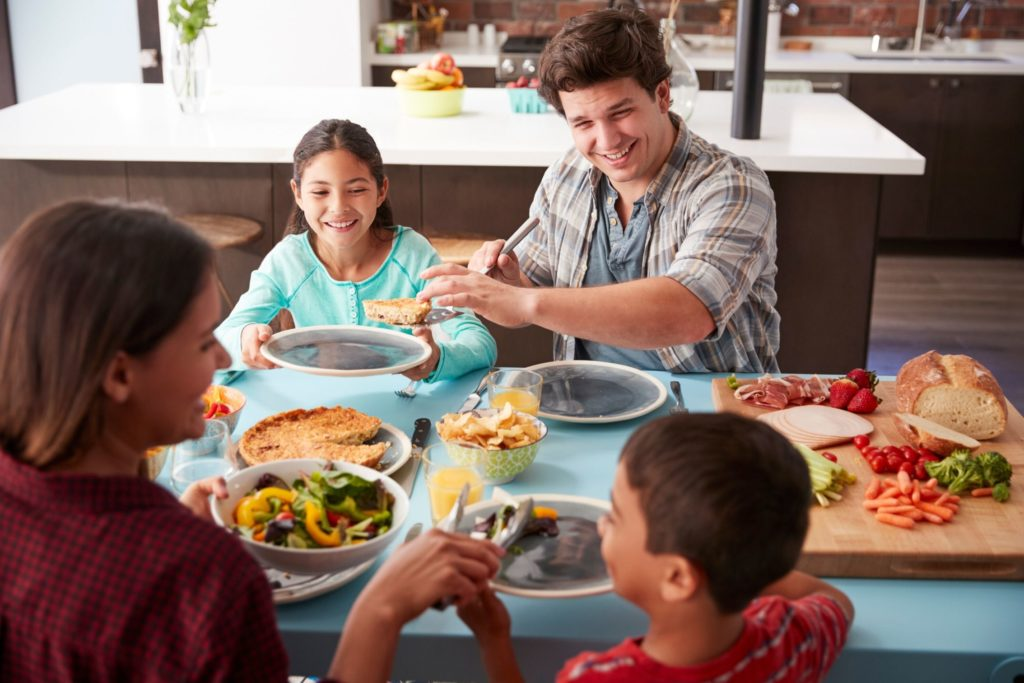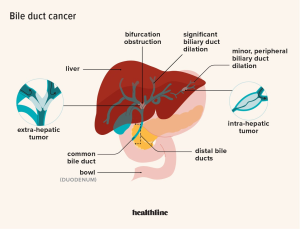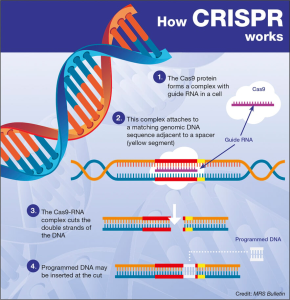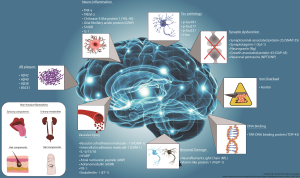
Shared meals and happiness are inextricably linked, forming a cornerstone of our social experiences and emotional well-being. Research highlights that mealtime bonding with family and friends not only enhances our enjoyment of food but also boosts our overall happiness and life satisfaction. The benefits of social dining extend beyond mere enjoyment; studies suggest that those who partake in communal meals report higher levels of positive emotions and a greater sense of belonging. As our lifestyles evolve, the decline in shared meals poses a concerning trend, especially given the documented impact of dining together on individual well-being. Encouraging shared meals could play an instrumental role in fostering happiness, showcasing the profound social and emotional benefits that come from simply sitting down to eat with others.
Engaging with others during meals is often referred to as social dining, encapsulating the essence of community and connection through food. The act of enjoying meals together not only fulfills a basic human need for nourishment but also cultivates a sense of companionship and joy, contributing significantly to emotional satisfaction. When discussing the importance of happiness associated with meals, it’s crucial to recognize the diverse effects of collective dining experiences on mental health and relational dynamics. In an era marked by increasing isolation, promoting the practice of sharing meals can serve as a vital countermeasure to loneliness, enhancing the quality of life for many. Just as individual nutrients nourish the body, the warmth of shared meals nourishes the soul, highlighting the undeniable ties between our culinary habits and our overall happiness.
The Importance of Mealtime Bonding
Mealtime bonding is more than just sharing food; it’s about creating connections and fostering relationships. Studies indicate that when families and friends gather around the table, they not only share physical nourishment but also emotional and psychological support. Meals shared with loved ones can enhance communication, encourage empathy, and strengthen social bonds, leading to a sense of belonging. As every family has its unique traditions, these shared experiences can create lasting memories that contribute to overall happiness and well-being.
Moreover, the psychological benefits of mealtime bonding extend beyond immediate satisfaction. Research has shown that people who frequently dine with family and friends often report lower levels of stress and anxiety. This is particularly crucial in today’s society, where fast-paced lifestyles can lead to isolation. By setting aside time for shared meals, individuals can reclaim precious moments of connection, thereby improving not just their mood, but their mental health as a whole.
Shared Meals and Happiness: A Correlation Worth Investigating
The correlation between shared meals and happiness is intriguing and warrants deeper exploration. Multiple studies suggest that shared dining experiences can significantly impact an individual’s overall sense of well-being. A survey from the World Happiness Report highlights that those who regularly engage in social dining express higher levels of life satisfaction compared to those who dine alone. This could be attributed to the myriad social dining benefits, which include laughter, conversation, and the joy of shared experience that mutually enhance participants’ moods.
However, it’s essential to acknowledge that while shared meals appear to foster happiness, the directionality of this relationship remains unclear. Do happier individuals naturally seek out communal dining experiences, or does sharing meals lead to greater happiness? This interplay is a critical area for future research, especially as mental health issues and social isolation become increasingly prominent in society. Understanding this connection could play a vital role in developing strategies to enhance communal dining opportunities, aiming to boost collective well-being.
The Impact of Dining Together on Social Connections
Dining together acts as a catalyst for social connection, creating an environment where individuals can engage and interact meaningfully. Shared meals have been shown to stimulate conversation, foster collaboration, and facilitate social interactions that may not occur in other settings. This interaction is particularly beneficial in family dynamics, where children learn essential social skills and emotional intelligence through regular meals with family members. Children who dine with their parents regularly tend to have better academic performance and emotional health, highlighting the importance of social dining.
Additionally, dining together can positively impact community building. When people of diverse backgrounds come together for meals, it promotes cultural exchange and understanding, contributing to greater social cohesion. Community dinners, potlucks, and even casual gatherings at restaurants can break down barriers, bridge cultural divides, and create a more interconnected social fabric. Investing in communal dining events could enhance community ties and improve overall well-being through collective participation and shared experiences.
Fostering Well-Being Through Sharing Food
The act of sharing food is inherently linked to well-being, as it involves not just the physical nourishment of the body but also the emotional nourishment that comes from community and relationships. Sharing meals can create a sense of security and comfort, crucial factors in increasing psychological well-being. The ritual of gathering for a meal may help individuals reconnect with themselves and others, reaffirming their place within a community.
Additionally, enhancing the frequency of shared meals could be a simple yet impactful way to improve public health outcomes. Initiatives promoting community gardens or communal kitchens can encourage individuals to come together over food preparation and dining. Such platforms not only elevate the social dining experience but also promote healthier food choices, ultimately benefiting both the individual and community’s welfare.
Exploring the Social Dining Benefits for Mental Health
The mental health benefits of social dining are profound, as shared meals can provide a supportive environment for discussing personal issues, celebrating successes, and finding solace in companionship. Eating with others can help mitigate feelings of loneliness and depression, which are endemic in today’s fast-paced lifestyles. Researchers have found that individuals who frequently dine with others tend to have a more optimistic outlook on life, often feeling a stronger sense of community and belonging.
Furthermore, social dining fosters a space where individuals can experience joy and laughter, vital components of emotional resilience. The laughter shared over a meal contributes to the release of endorphins, the body’s natural mood lifters, promoting positivity and emotional balance. Encouraging regular social dining can serve as an effective strategy in various mental health interventions, making it a valuable focus for policymakers and healthcare providers.
The Role of Cultural Practices in Shared Meals
Cultural practices surrounding meals play a significant role in enhancing their contribution to social bonding and happiness. Different cultures have unique customs that emphasize the importance of shared meals, from family gatherings during holidays to weekly potlucks. These traditions create a strong sense of belonging and identity, essential elements for individual and collective happiness. For instance, communal dining in various cultures promotes a spirit of generosity and inclusivity that can be both comforting and uplifting.
Moreover, these cultural rituals around dining can serve as an avenue for passing down traditions and values to younger generations, thereby reinforcing family ties and cultural identity. As recipes are shared and stories are told, meals become a medium for emotional connections that transcend generations. Emphasizing and preserving these cultural dining practices can play a critical role in promoting happiness and well-being within communities.
The Future of Dining and Well-Being Interventions
As society evolves, the challenge of social isolation and mental health issues continues to grow. Future interventions and policies should focus on making shared meals an integral part of social health strategies. Programs that promote family-style dining, community kitchens, or social dining initiatives can vastly improve the psychological well-being of diverse populations. By creating accessible opportunities for individuals to share meals, communities can work towards reducing feelings of isolation and enhancing collective happiness.
Moreover, as researchers continue to explore the dynamics of happiness and shared meals, it is crucial to engage policymakers to recognize the importance of these interactions in creating supportive and healthy communities. Simple changes such as promoting communal dining spaces in neighborhoods or partnerships with local businesses to facilitate community dining events can make a substantial difference in the well-being of the population. Ultimately, fostering a culture of shared meals can lead to more connected and happier societies.
Nutrition and Happiness: The Link Between Food and We Feel
The link between nutrition and happiness cannot be overlooked, as the foods we consume significantly affect our mental health. Various studies indicate that a diet rich in whole foods, fruits, and vegetables not only improves physical health but also enhances mood and emotional well-being. When these nutritious meals are shared, the benefits are amplified, providing both nourishment and the joy of togetherness.
Moreover, the act of preparing and consuming healthy meals in a communal setting encourages mindful eating practices. This mindfulness can minimize the risks of emotional eating, which often leads to poor dietary choices and negative health outcomes. By fostering environments that celebrate healthy, shared meals, communities can elevate public health while simultaneously increasing happiness and life satisfaction.
Creating Opportunities for Shared Meals in Society
In our modern society, where individuals often dine separately, creating opportunities for shared meals is more essential than ever. Community programs aimed at bringing people together for meals can create social capital and reinforce connections that are vital for mental well-being. Initiatives such as meal-sharing platforms, communal dining events, and cooking workshops can provide spaces for individuals from diverse backgrounds to interact, learn, and share experiences over food.
Additionally, promoting shared meals could have economic benefits as well. Local restaurants and cafes could partner with community organizations to host regular themed dinners, enhancing social interaction while also supporting local businesses. By focusing on the importance of food as a medium for connection, society can cultivate healthier relationships and contribute to a greater sense of community, ultimately leading to improved happiness and well-being.
Frequently Asked Questions
How do shared meals impact happiness and well-being?
Shared meals significantly enhance happiness and well-being by fostering social connections and emotional bonds among individuals. Research indicates that dining together leads to increased life satisfaction, as the act of sharing food is a universal expression of community and kinship. This mealtime bonding reinforces positive emotions and contributes to a supportive social environment.
What are the social dining benefits related to happiness?
Social dining benefits include enhanced feelings of connection, reduced feelings of loneliness, and increased overall happiness. When individuals share meals, they engage in meaningful conversations and interactions, which can improve mental well-being and foster a sense of belonging, integral to happy living.
Is mealtime bonding a reliable predictor of happiness?
Yes, mealtime bonding has been identified as a reliable predictor of happiness. Studies suggest that regular shared meals correlate with greater life satisfaction, demonstrating that the quality of social interactions during meals is as crucial as income or employment status in assessing well-being.
Why is dining together important for our happiness?
Dining together is vital for happiness as it facilitates connection and communication, which enhances emotional well-being. The act of sharing meals encourages individuals to engage deeply with one another, reinforcing their social ties and contributing to a more fulfilling and happy life.
What role does happiness and meals play in overall life satisfaction?
Happiness and meals play a critical role in enhancing overall life satisfaction by providing opportunities for social interaction and sharing experiences. Regularly eating with others has been shown to boost positive emotions and create lasting memories, all of which contribute to a joyful and meaningful life.
How can we promote well-being through sharing food?
Promoting well-being through sharing food can be achieved by encouraging community gatherings, family dinners, and social events centered around meals. By fostering an environment where shared dining is prioritized, individuals can experience greater happiness and enhance their social bonds, therefore improving overall mental health and well-being.
Can shared meals reduce social isolation and improve happiness?
Yes, shared meals can significantly reduce social isolation and improve happiness. Eating with others creates a sense of belonging and community, counteracting feelings of loneliness and enhancing emotional connections. This communal aspect of dining is crucial in building supportive relationships that contribute to a happier life.
What strategies can be used to increase shared meals in our daily lives?
To increase shared meals, individuals can schedule regular family dinners, participate in potlucks with friends, or join community dining events. Making a conscious effort to prioritize mealtime bonding can lead to more fulfilling relationships and greater happiness.
| Key Points | Details |
|---|---|
| Shared Meals and Happiness | A study indicates shared meals correlate strongly with life satisfaction and happiness. |
| Increased Loneliness | About 25% of Americans reported eating all meals alone, a rise of 53% since 2003. |
| Demographic Trends | The trend of dining alone is prominent across all ages but notably affects younger generations. |
| Complex Measurement of Happiness | Happiness is hard to measure; shared meals provide a simpler metric compared to income. |
| Importance of Shared Meals | Research suggests that knowing someone’s shared meals is more indicative of well-being than their income. |
Summary
Shared meals and happiness are intricately linked, as recent research reveals that sharing food with others significantly enhances life satisfaction. The growing trend of Americans dining alone, particularly among the youth, poses a challenge to social well-being. This underscores the importance of promoting communal dining experiences as a means to improve happiness and social connections. Whether it’s sharing lunch or dinner, engaging in meals with others not only fosters joy but also serves as a crucial indicator of overall well-being.



